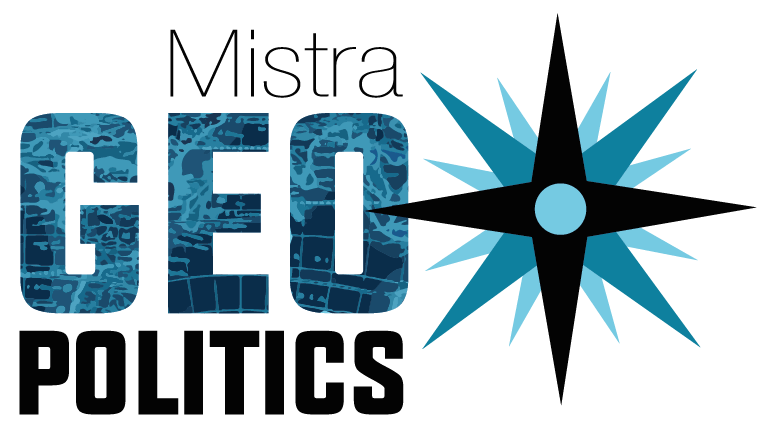The United States recently announced that climate change is now ‘at the center’ of U.S. foreign policy. Mistra Geopolitics will be presenting results from the study ‘Climate change as security risks: Perception patterns among UN climate conference participants’ at the webinar ‘How climate security risks shape international cooperation’, hosted by Stockholm Environment Institute and Mistra Geopolitics.
Björn-Ola Linnér, Programme Director of Mistra Geopolitics and Professor at Linköping University summarized the upcoming study on climate change and security risks:
“Participants of the UN climate meetings with great consensus see climate change as a significant risk to both international peace and security, and to global, human security. Participants from vulnerable and poorer countries see significant risks to peace and security in their own country, while richer countries are more concerned about international stability.”Climate risks for human and national security
2020 and 2016 has been the hottest years on record, and the 2010s the warmest decade. During the same decade, the world has seen an increase in armed conflicts. Nina von Uexkull, Senior Lecturer at Stockholm University and researcher of Mistra Geopolitics, said:“With more extreme global warming, conflict risks are estimated to increase. Conflict depresses economic growth and elevates future conflict risks and vulnerability to climate change.”Avril Haines, President Biden’s director of national intelligence, told world leaders on Thursday that climate change was no longer a peripheral issue but now “at the center” of U.S. foreign policy. This was announced at President Biden’s Leaders Summit on Climate. Other countries have pushed multilateral institutions such as the European Union, UN Environment, the UN Security Council or the World Bank to address climate risks for human and national security.Lisa Dellmuth, Associate Professor at Stockholm University and researcher of Mistra Geopolitics, highlighted results from her study ‘Humanitarian need drives multilateral disaster aid’:“The key finding is that UN aid in the aftermath of climate-related disasters is largely driven by humanitarian need. The UN seems able to fend off donor states’ strategic interest and allocate more aid after disasters where hazard severity is greater and the need is more pressing.”Based on this finding, the authors argue that the UN lives up to its stated principles of neutrality, impartiality, and independence in disaster aid, corroborating the legitimacy of the UN in allocating disaster aid.“This could be of interest to the Biden administration and the climate security policy community, as it underlines that it would be useful to ramp up channelling of disaster relief aid through the UN system,” said Lisa Dellmuth.Journalists are welcome to join this webinar with research experts from Mistra Geopolitics, to discuss new evidence on what we know about the link between climate change and conflict, and how risks are perceived and governed by states and multilateral institutions.Sign up to the webinar on 29 April, 15.00-16.00 CET: ‘How climate security risks shape international cooperation’Watch the event liveRead more about President Biden’s Leaders Summit on ClimateMore information
The study ‘Climate Change as Security Risks: Perception Patterns among UN Climate Conference Participants’ will be published in a peer-reviewed scientific journal and on the Mistra Geopolitics website during the spring 2021.
Visit the Mistra Geopolitics websiteWatch the Mistra Geopolitics film “Navigating towards a secure and sustainable future”

